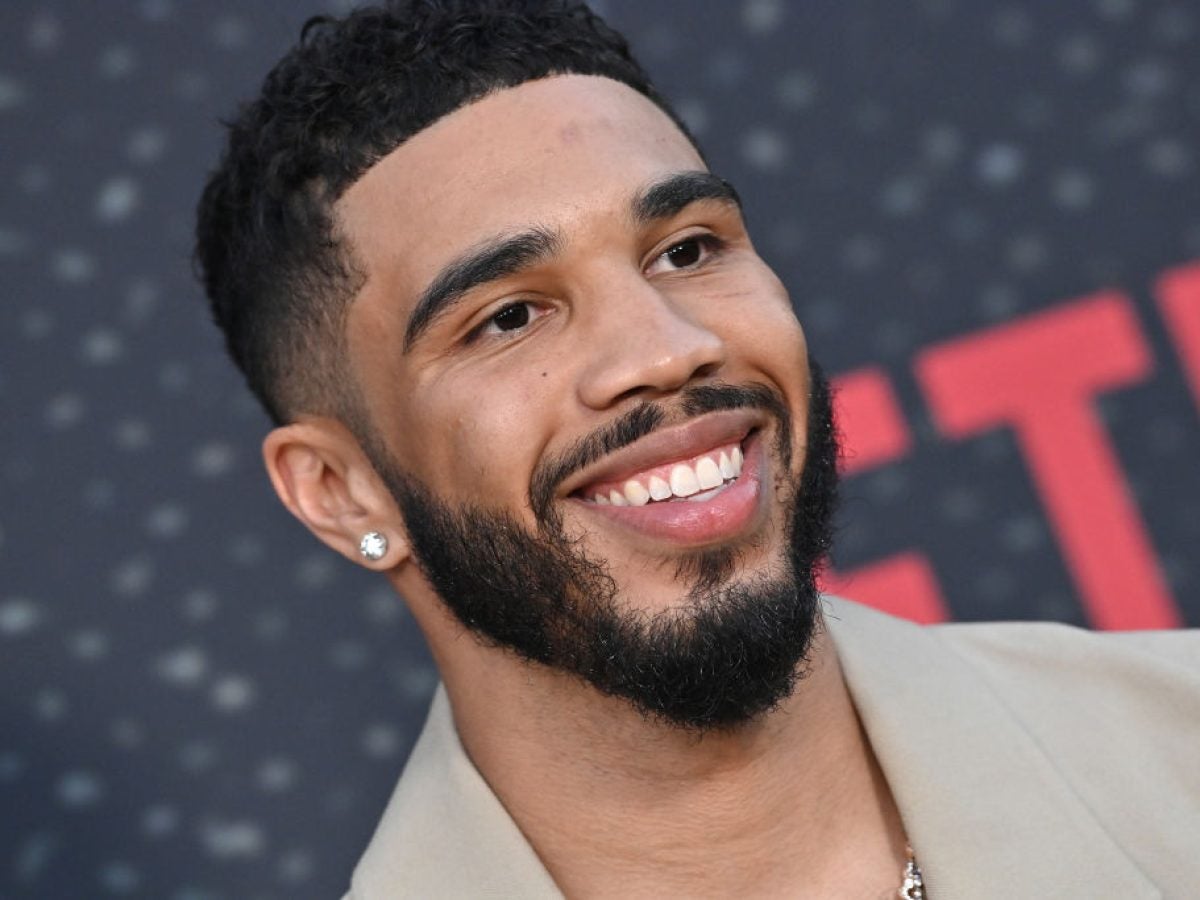
Boston Celtics superstar Jayson Tatum is proving that securing your bag means lifting up your entire community.
Fresh from securing the NBA’s largest contract in history, Tatum has reportedly set his sights on a $200 million bid to bring a WNBA franchise to St. Louis – a decision that could reshape the landscape of women’s professional basketball in the Midwest.
This groundbreaking initiative comes at a pivotal moment for women’s basketball, which has seen unprecedented growth in viewership and engagement, particularly among Black women. For Tatum, who recently signed a historic $315 million contract with the Celtics, this investment would represent more than a business venture – it’s an opportunity to create lasting change in professional sports.
To strengthen the bid, Tatum has partnered with prominent St. Louis business leaders Richard Chaifetz and David Hoffman, creating a powerhouse team of investors committed to building a sustainable franchise. Their proposed home court would be the state-of-the-art Chaifetz Arena at Saint Louis University, providing an excellent foundation for what could become a cornerstone of St. Louis sports culture.
The timing of this initiative is particularly significant. Recent WNBA rule changes now allow NBA players to take ownership stakes in teams, opening new avenues for investment and representation in women’s sports. Tatum’s quick action to seize this opportunity sets a compelling example for professional athletes looking to make meaningful impacts in their communities.
While more than a dozen cities are competing for a WNBA expansion team, St. Louis stands apart thanks to Tatum’s high-profile backing and deep community connections. The city’s proven track record of supporting professional sports, combined with Tatum’s vision for inclusive excellence, creates a unique proposition for the WNBA’s expansion plans.
As this story develops, one thing is clear: Tatum’s potential investment bid represents more than just adding another team to the league – it’s about creating opportunities, inspiring the next generation, and building a legacy that extends far beyond the basketball court. His commitment to bringing professional women’s basketball to St. Louis marks a significant step forward in the evolution of professional sports, one that could help shape the future of women’s athletics for years to come.




